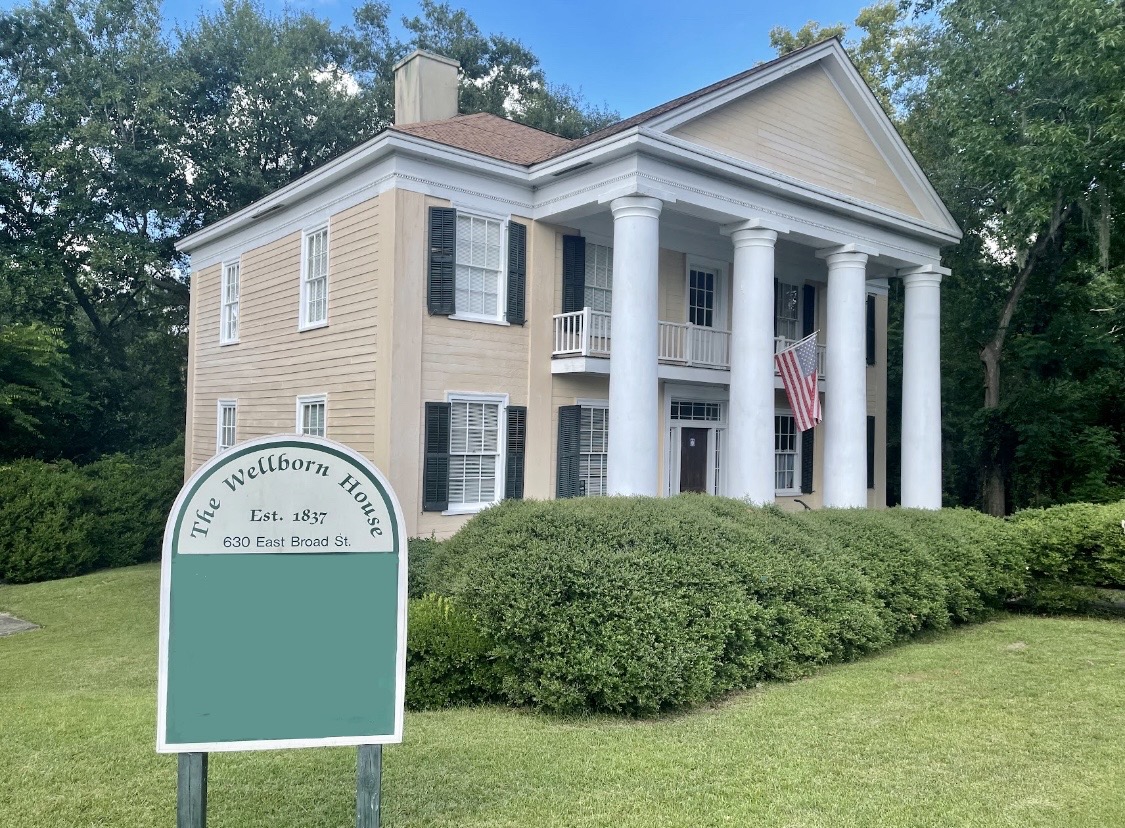Gone With the Wind: Erasing Hate from the Built Environment of Eufaula, AL
Abstract
Hate is not just a something, it is also a somewhere. It can be mapped through white supremacy, racial violence and a host of other ways. Most of hate can be mapped through the built environment. Eufaula, Alabama is a small town in Barbour County Alabama. Although the city’s racial demographics are mainly split between Black and white persons, the region’s landmarks do not represent this. In the 1901 Alabama Constitution, the founders declared they wanted to yestablish White Supremacy and adopt it. This has been done by the erasure of Black histories and spaces. Each year an event called the Pilgrimage is held, to acknowledge white confederacy cultural heritage. It is through the pilgrimage and other symbolism within Eufaula that “not quite” spaces of Blackness (McKittrick, 2006) have emerged. These are unacknowledged spaces of sexual violence, stereoype, and sociospatial marginalization: erased , erasable, hidden, resitant geographies and Black folk that are, due to persistent and public forms of objectification, arre not readily decipherable (p. 61). The echoes of the oppression have long fallen on deaf ears. Black folks are plagued with the geographic discourse of such historical pain and this site of memory has become a space of suffering, struggle, and silence. I seek to interrogate the atmosphere of hate through disrupting space by inserting historical markers acknowledging and documenting the hidden Black histories. A non-profit will be established to challenge the lens of white cultural heritage which has dominated the region and perpetuated the language of hate.
Field
Urban Planning/Heritage Conservation/African-American Studies
Team
Eliza Franklin Leggett

Eliza Franklin Leggett
Eliza Franklin Leggett is an UCLA African American Studies undergraduate alumnus. She is a mentee of Dr. Tyrone Howard and a congressional award-winning social justice researcher. Currently, she is an UCLA Urban Planning graduate student who created her own independent area of concentration called Critical Race Studies, Digital Mapping, and Heritage Conservation. Her published works include A Planning Mixtape: Black Healing (Matters), Housing, and the Prison Nation and a podcast episode Sankofa: Black Healing Matters. As a system impacted person and descendant of a lynching victim, Eliza remains engaged in the fight against mass incarceration and racialized gendered violence through multiple mapping projects. She promotes liberation for marginalized communities worldwide who occupy rural and urban spaces through a Black Girl Cartography (Butler, 2018) lens. In her quest for equity, her driving force is to merge activism through the arts with her passion for urban planning to cultivate reimagined real and digital spatial imaginaries.

